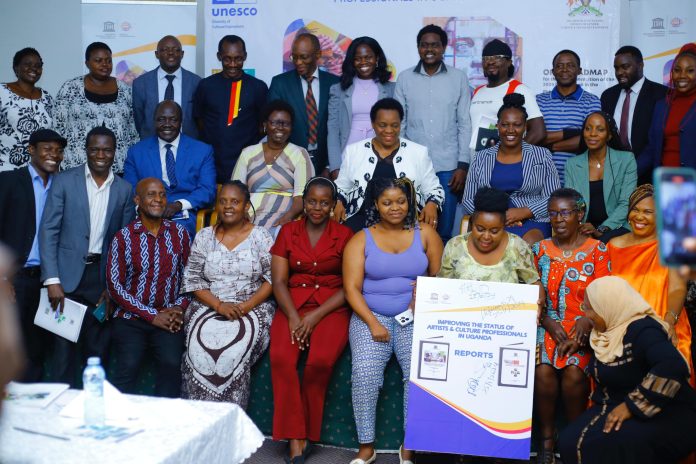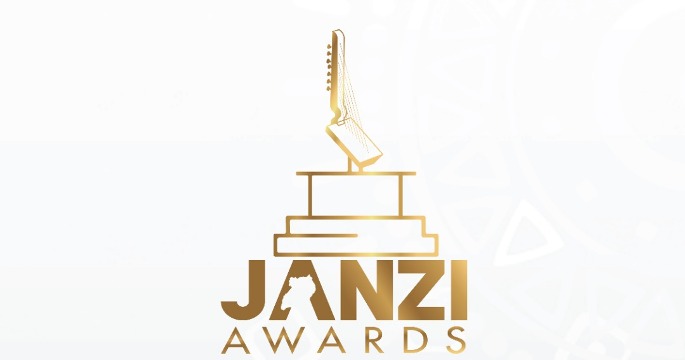In a joint effort, the Government of Uganda, through the Ministry of Gender, Labour and Social Development (MGLSD), and UNESCO, has revealed two pivotal reports shedding light on the state of the creative industry in the aftermath of the COVID-19 pandemic. The reports highlight the socio-economic challenges faced by artists, digital skills gaps within the industry, and propose recommendations for new policies.
The comprehensive reports are the outcomes of two concurrent projects conducted over the past year by MGLSD and UNESCO. These projects aimed to review the regulatory landscape of the culture and creative industry, formulate new policy frameworks, and enhance digital skills among audiovisual practitioners.
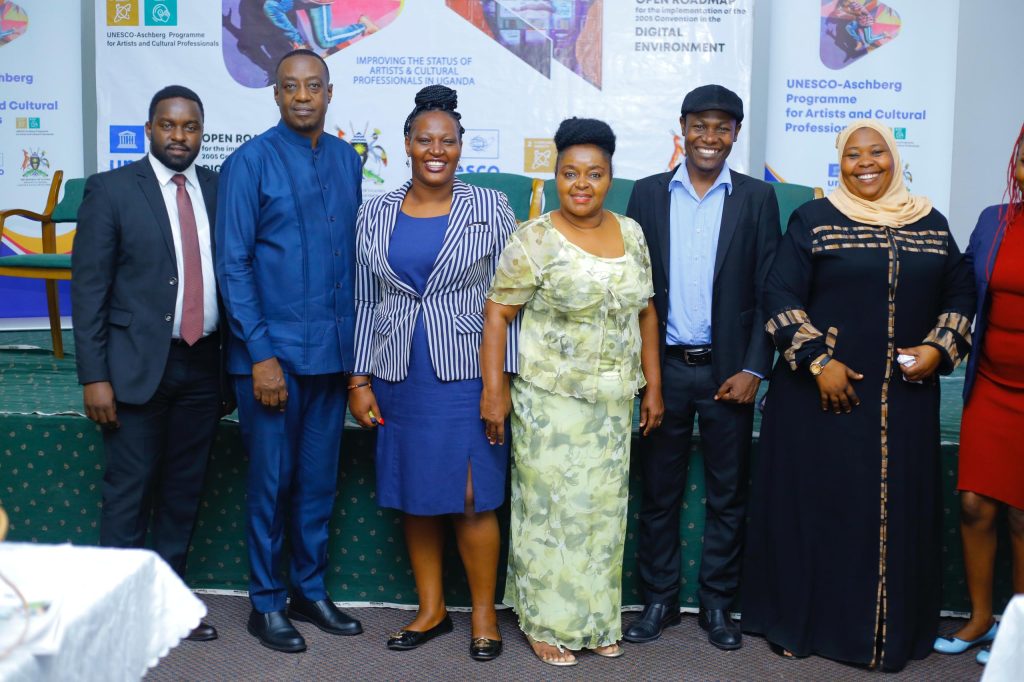
Speaking at the unveiling ceremony held at Grand Imperial Hotel in Kampala, the Minister for Gender, Labour and Social Development, Betty Among, emphasized the significance of these reports in shaping the government’s recovery program for the creative sector post the global pandemic.
She stated, “We will continue to work with UNESCO and other international partners, as well as local stakeholders, to implement the recommendations of these reports in line with global and national development goals.”
Uganda, having ratified the 2005 UNESCO Convention in 2015, commits itself to uphold freedom of expression and economic rights for artists. Despite past efforts, the country’s cultural industry faces challenges such as unfavorable regulatory frameworks, inadequate funding, and limited skills among practitioners, preventing it from reaching its full potential.
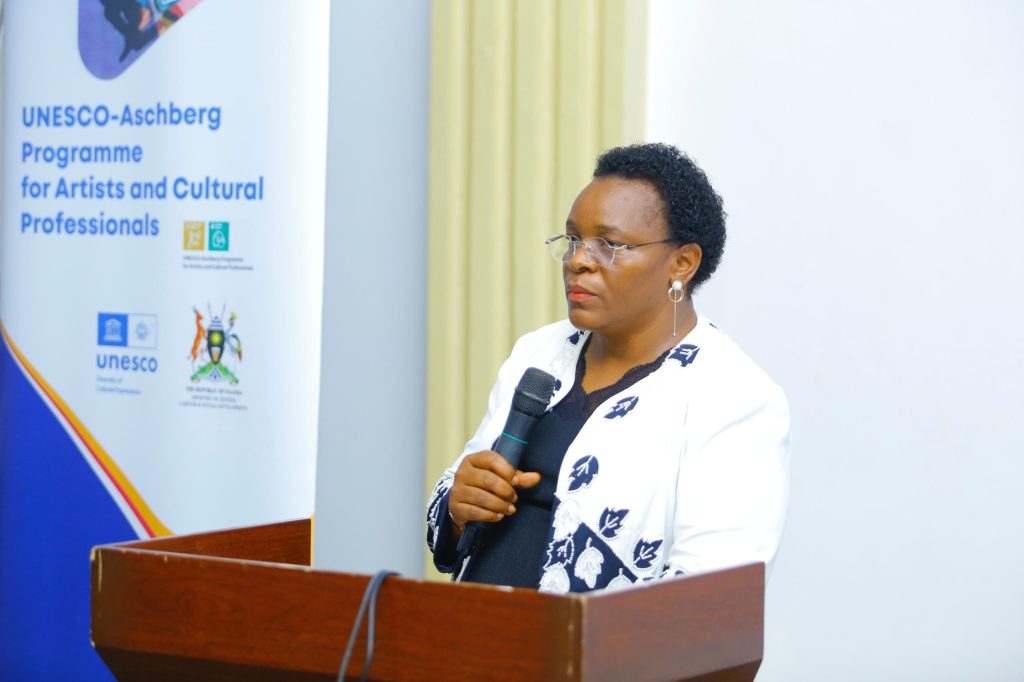
Judy Ogana, UNESCO’s regional Programme Officer for East Africa, expressed hope that the two reports would address some of these gaps. She commended the efforts of national experts Polly Kamukama, a lecturer of performing arts at Makerere University, and Amos Tindyebwa, a cultural policy analyst, who played key roles in spearheading the projects.
The two projects, initiated by the Government of Uganda in collaboration with UNESCO, aim to address critical aspects of the creative industry in the post-COVID-19 landscape. The UNESCO-Aschberg Project, led by Amos Tindyebwa, focuses on enhancing the status of artists and culture professionals after the pandemic. This involved an extensive examination of legal, policy, and regulatory frameworks within the cultural sector. The project’s outcomes include a detailed baseline study on the socio-economic conditions of artists post-COVID-19 and recommendations for policy reform.
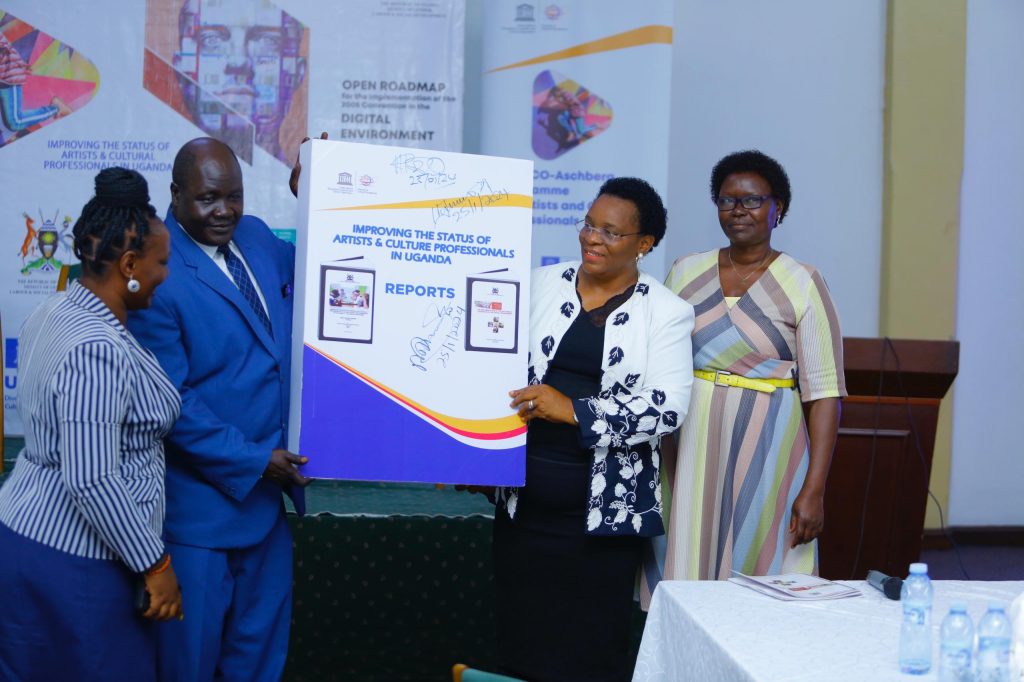
Meanwhile, the Digital Open Roadmap Project, spearheaded by Polly Kamukama, is geared towards supporting beneficiary countries in implementing benchmarking activities outlined in UNESCO’s 2019 Open Roadmap framework. This initiative specifically targets the improvement of digital skills among audiovisual industry practitioners. Noteworthy achievements of this project include a comprehensive baseline study on digital skill gaps and the successful execution of a nationwide capacity-building program, benefitting over 600 industry stakeholders.
The government remains unwavering in its commitment to providing a conducive environment for the creative industry, aligning with global standards and fostering growth in the sector.

